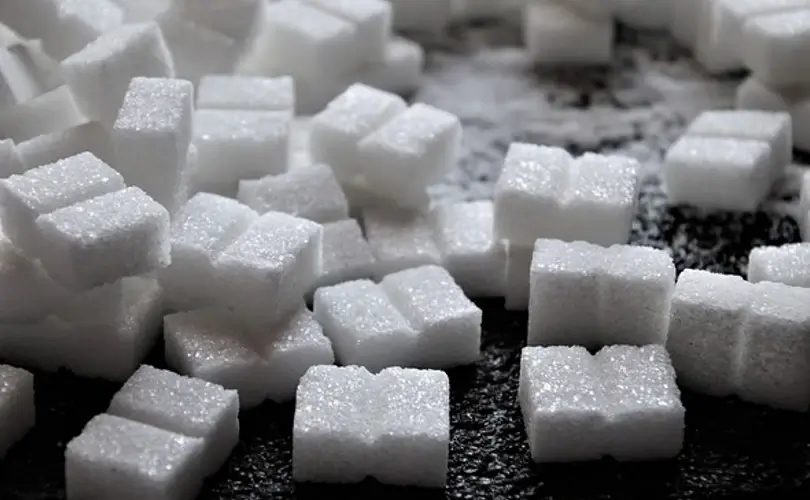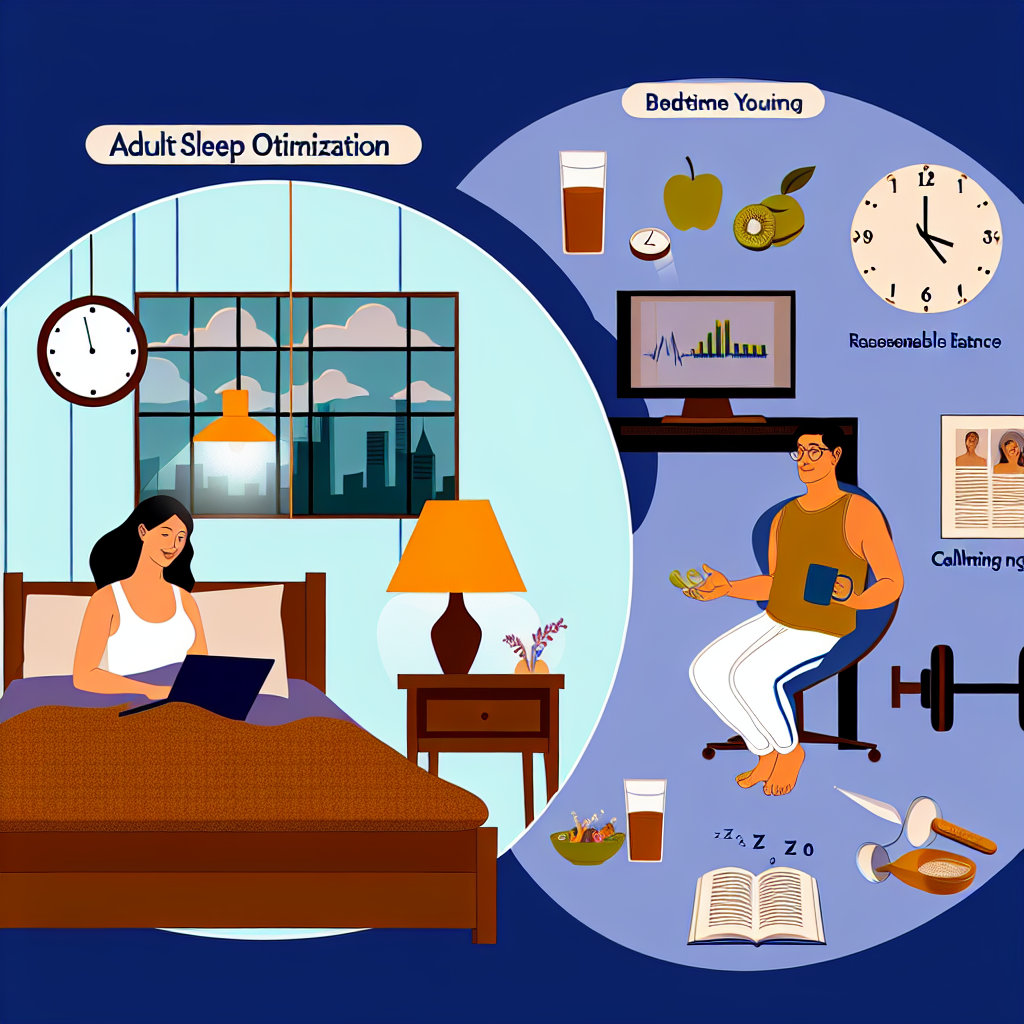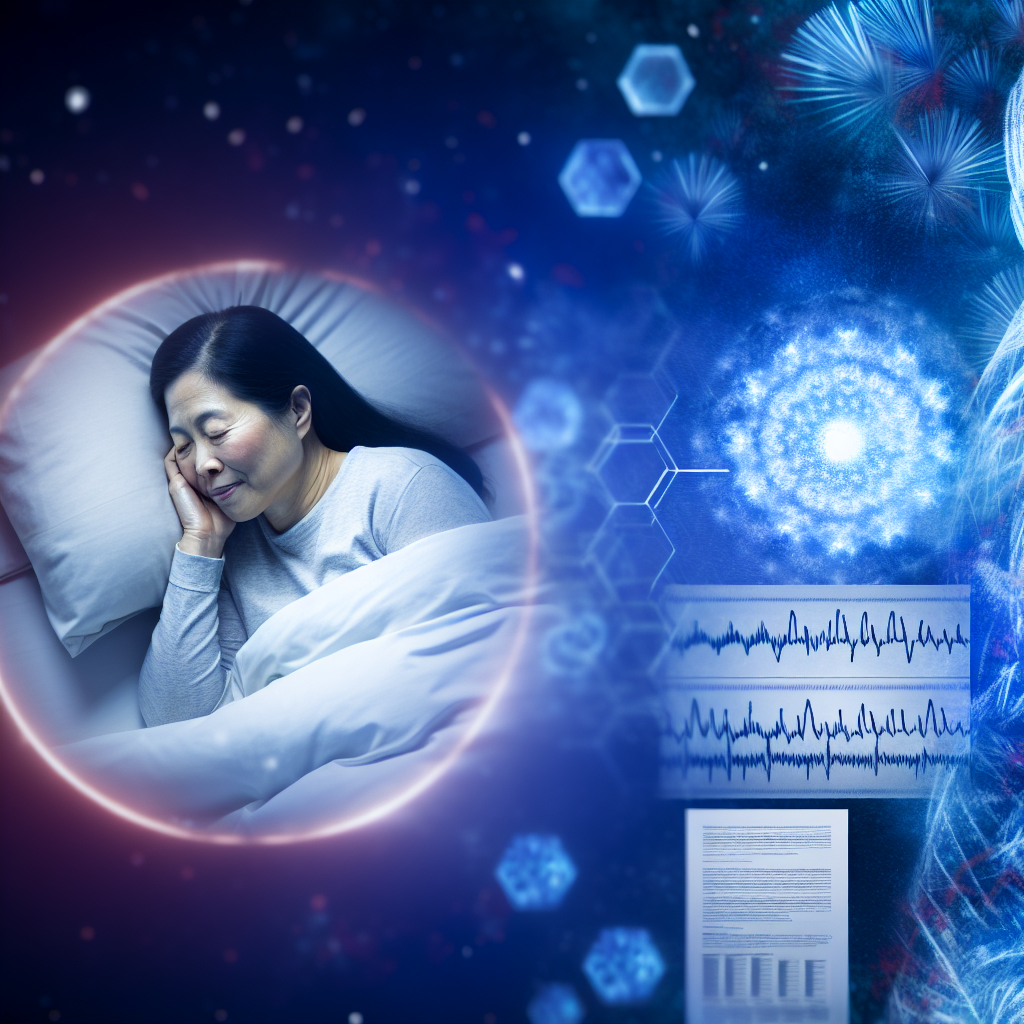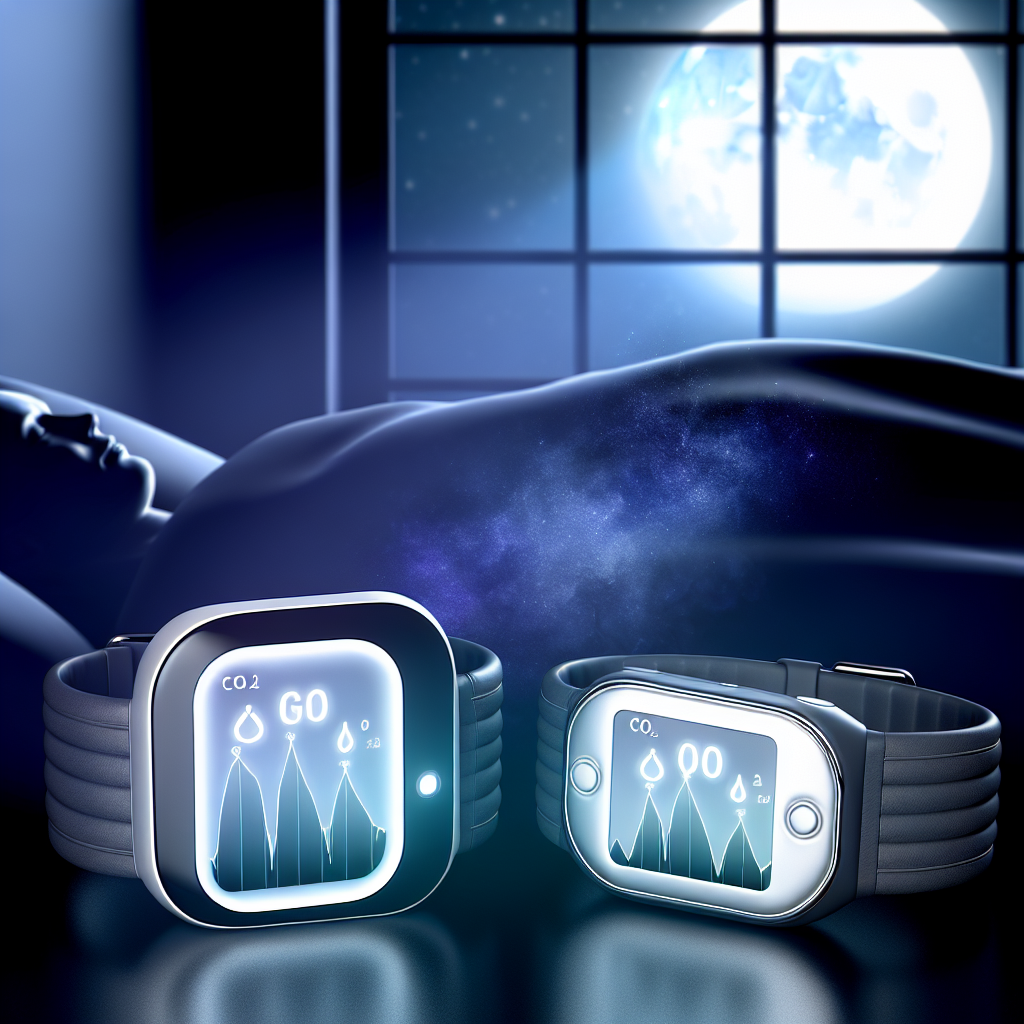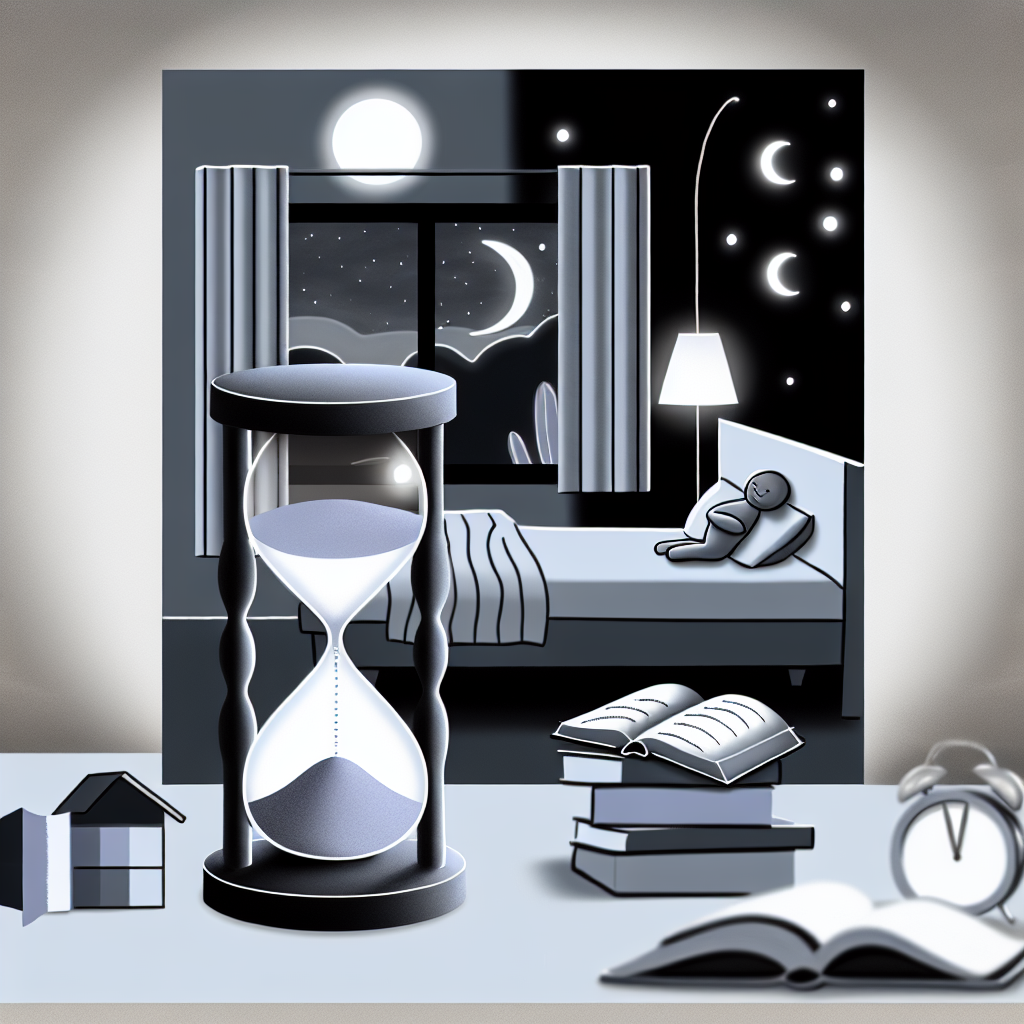Adequate sleep is critical to your health and wellness. Short sleep duration is linked to chronic health conditions like diabetes, obesity, and heart disease.
Sugar has Been Found to Interfere with Your Sleep
It can disrupt your REM sleep, which is essential for rejuvenation and replenishing the body with energy. It can also interrupt slow-wave sleep, which is critical for maintaining a healthy metabolism and immune function. Moreover, it has increased waking during the night, leading to restlessness and insomnia. It can also cause night sweats, another major cause of insomnia.
How Sugar Affects Your Sleep
When you consume sugar, your blood glucose levels spike, causing your body to release insulin to deliver the sugar to your cells. Insulin works to keep your blood sugar steady, but too much insulin will signal the release of cortisol, a stress hormone that can influence natural sleep rhythms.
Even though it’s challenging to say precisely how sugar impacts your sleep, scientists believe that some forms of carbs before bed can change your sleep patterns and lead to nightmares. Some researchers have even suggested that a diet high in sugar may be the culprit behind your nightmares.
Consuming sugar before you go to bed can make it problematic to fall asleep, but it doesn’t necessarily cause nightmares, says a recent study. However, overeating sweet stuff before bed can clog your digestive system and interfere with slow-wave sleep, essential for refreshing and rejuvenating sleep.
Eating a healthy meal at least three hours before bed prevents sugar from interfering with sleep. The meal should include complex carbohydrates, protein, and healthy fats to boost energy levels and stabilize blood sugar. Avoid refined carbohydrates in addition to foods with added sugars before bed, advises Sullivan. These include bread, pasta, and cereals. It’s best to eat small portions of fruit and veggies before you go to bed instead. These low-glycemic foods are less likely to cause your blood sugar to spike, and they’ll help you fall asleep quicker.
In addition, avoid foods that contain caffeine before bed. A study demonstrated that people who ate a high-sugar diet with caffeine before bed slept less than those who didn’t. Sucrose, the most common type of sugar, can cause several sleep issues. Consuming extra sugar can lead to reactive hypoglycemia, which can cause night sweats and other symptoms, including difficulty falling asleep or waking up during the night.
It can also trigger a surge of adrenaline and cortisol, hormones that can disrupt your sleep. Lastly, sugar can be the culprit in several sleeping disorders, such as snoring and night terrors. Some studies have linked these problems to a diet high in sugar, but more research is needed to determine the exact connection.

Dominic E. is a passionate filmmaker navigating the exciting intersection of art and science. By day, he delves into the complexities of the human body as a full-time medical writer, meticulously translating intricate medical concepts into accessible and engaging narratives. By night, he explores the boundless realm of cinematic storytelling, crafting narratives that evoke emotion and challenge perspectives.
Film Student and Full-time Medical Writer for ContentVendor.com
